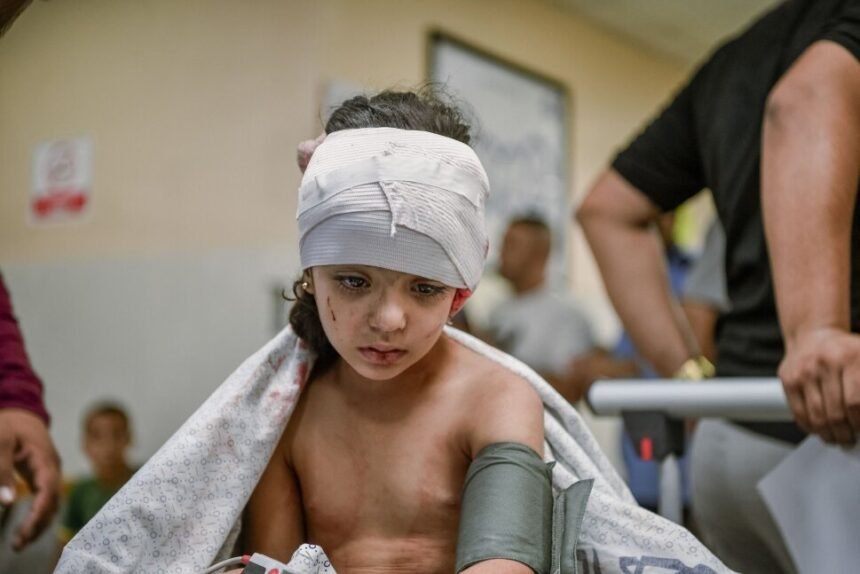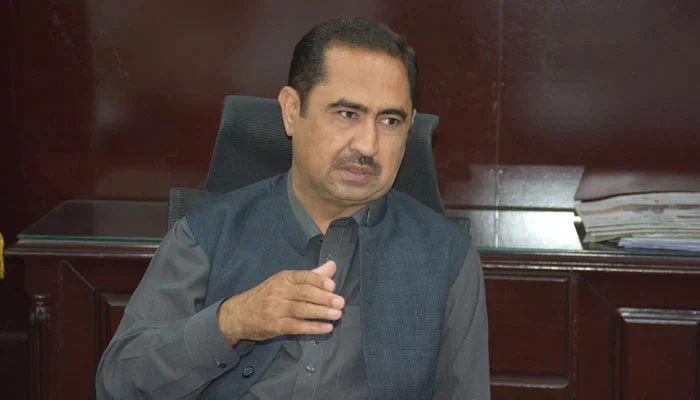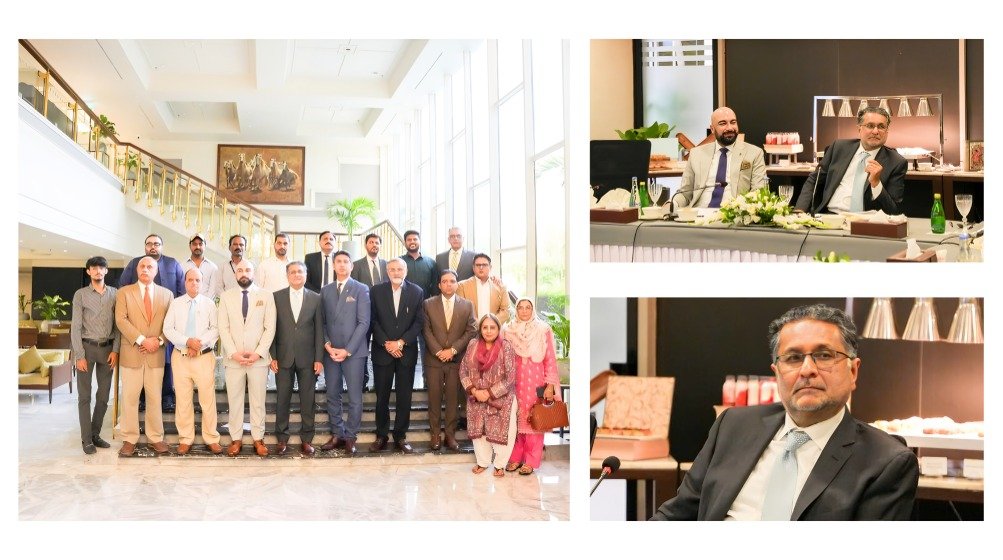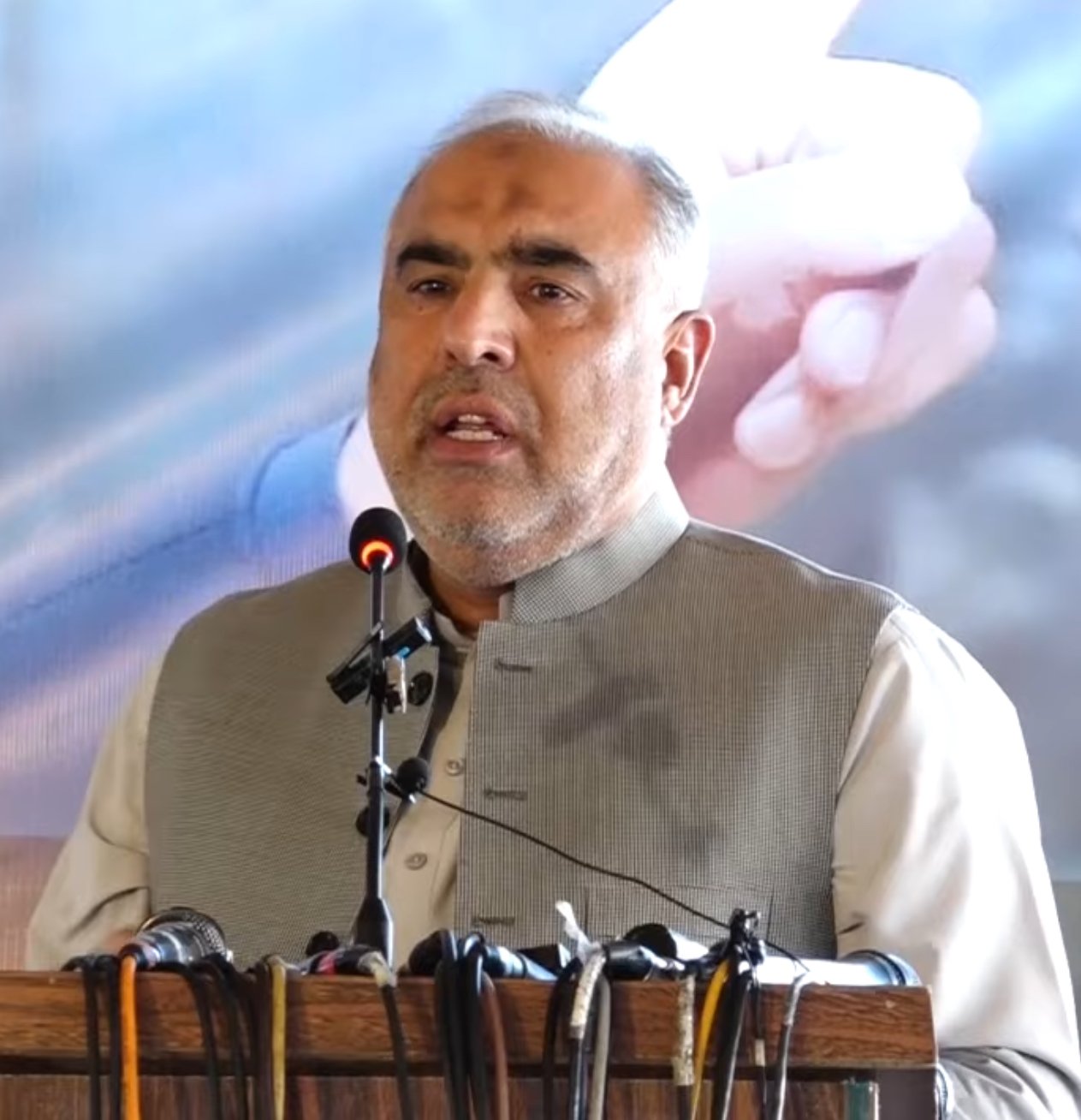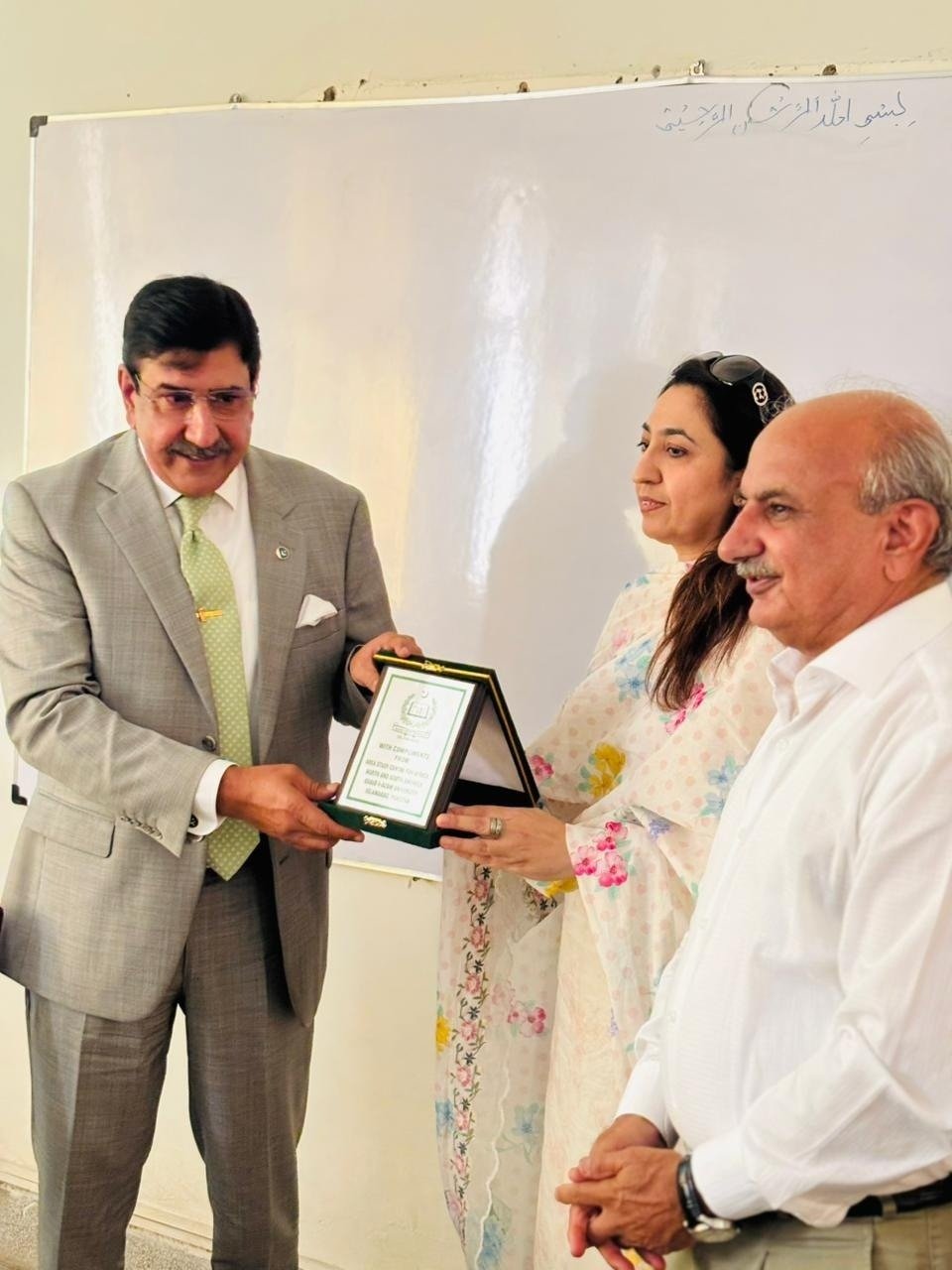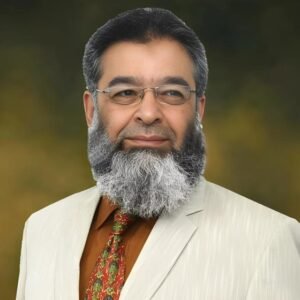
I do not know how old I am anymore. The days have lost their names. I only know I was once a child of Gaza—this is my testimony. I played between walls that now lie in dust. Today, I lie in a hospital bed in a country not my own. My arms, once strong, are wrapped in bandages. The window shows me no home, only a sky that feels foreign. At the end of the ward, a television speaks louder than my pain. It shows the rulers of the world in New York, gathered in a hall they call the United Nations, offering polished words as if words could rebuild a childhood.
They say the United Nations was once the roof under which quarrels ended and peace began. To me, it is only a place where speeches echo while we bleed. I heard them speak of Palestine, of Gaza, of recognition—as though giving us a chair in their grand assembly might heal our wounds. They spoke of dignity. But can dignity return my father, who never left the rubble? Can it restore my sister’s small hands, now claimed by the earth?
Before the bombs, Gaza gave us little—but it gave us life. My mother grew strawberries in the cracks of our soil. My brother chased birds along the shore. I dreamt of becoming a teacher. Then the skies split open with fire. Now they say more than thirty-eight thousand of us are gone. Numbers, they call us. Numbers that scroll across the screen while I whisper names: my uncle Mahmoud, my cousin Huda, my neighbor who gave me oranges. These are not numbers. They were my world.
Men in suits argue about hostages, resolutions, and vetoes. They do not speak of my hunger. They ignore the thirst that burned my throat until water tasted of salt and blood. They forget the medicine that never came, the wounds that turned black. Their debates revolve around history, law, and legitimacy. Meanwhile, my friends are lowered into the soil without shrouds. They say Palestine is a “non-member observer,” as if those words matter more than the cries of barefoot children running through smoke.
One night, I heard them speak of April 18. Twelve of fifteen countries lifted their hands for us. But one hand—from America—came down heavy enough to silence them all. I am too young to understand power. But I know what silence feels like. It feels like lying in the dark of a collapsing house, waiting for someone to come—and no one comes.
They call Gaza uninhabitable now. I do not know the word. But I know my street has no doors, only broken bricks. I remember the school where I learned my letters—it is now a shelter, where even babies weep from hunger. I remember my grandfather’s olive tree, older than me, now uprooted and burned—its roots curled like the fingers of the dead.
I do not understand politics. But I understand famine. My belly aches even here, far from Gaza, because my heart is still there. I understand loss. The strawberry fields my mother loved are gone—and so is she. They say recognition has come at last, that nations have admitted we exist, that we are worthy of statehood. But can recognition kiss my mother’s forehead one last time? Can it stop my brother’s empty chair from haunting me at night?
Their speeches sound beautiful. They speak of humanity, of rights, of peace. But when the screen goes black, I am left with silence—the silence that watched Gaza burn. Recognition, they say, is better late than never. But to me, it feels like flowers laid on a grave. Noble, perhaps, but too late for the one buried beneath.
I am only a child. Thrones and titles mean nothing to me. What I long for is bread that does not taste of ashes. I wish for water that won’t poison my lips. I dream of books, of a school, of a morning untouched by the sound of jets. When they speak of Palestine, let them remember not the halls of New York—but the broken toys scattered across the ruins of Gaza.
If the United Nations is truly the home of nations, then let them know: Gaza is more than a question on their agenda. Gaza is my home. Gaza is the graveyard of my family. Gaza is the wound of the earth. They may recognize Palestine in their resolutions. But Palestine has already been recognized—by blood, by soil, by the tears of mothers who still call their children’s names into the dust.
This Gaza child testimony is not a plea for pity. It is a reminder that even from a hospital bed, a child can still dream. I dream that one day Gaza will be more than rubble. That the world will remember not only what was destroyed—but what can still be saved. But tonight, as I close my eyes, all I see are speeches on a television screen. And all I hear are the echoes of bombs that spoke louder than their words.


